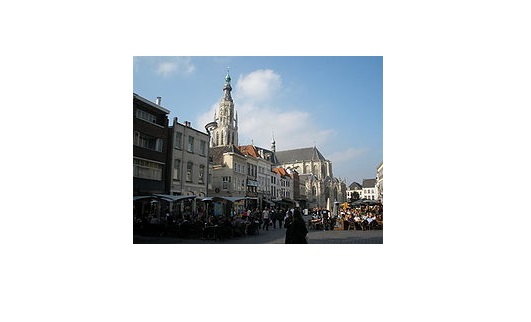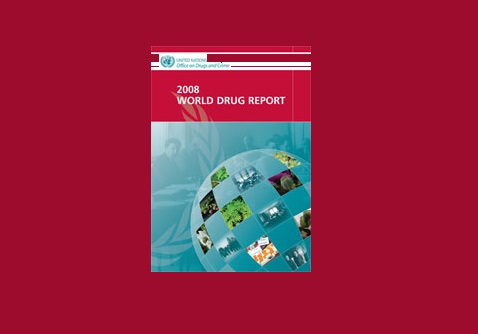According to a study called the ‘World Drug Report’ performed by the U.N (United Nations Office on Drugs and Crime) cannabis use was reported in 172 countries and territories world wide, with more than a million European consumers in the last month.
The Danish are way ahead of other European countries when it concerns Cannabis use. From the age of 15 to 34 some 50% have tried Cannabis at a certain point in their lives. This is quite the difference compared to the 30 percent European average. Other European countries with higher than average use are France, Spain and the UK. Canada (at 58.6%), and the United States (at 49%) are the leaders when it comes to the world wide consumption of cannabis.
The Netherlands does not occur in this list of top users, according to researchers, this could have to do with the fact that Cannabis is freely available to those 18 years and older in the Netherlands. The report also showed that the prices have been stable or dropped since 1996. With Spain being the cheapest and Norway being the most expensive when it concerns retail prices. The highest concentration of THC (Tetra-Hydro-Cannabinol) – the active ingredient in cannabis – seems to be in the Netherlands at a little over 20%. Portugal and Italy scrape the bottom of the bag at less than three percent.
The report shows a quite divergent regulatory landscape in the EU, with decriminalization trends in Switzerland, Spain, Portugal and Luxembourg but toughening regulations in Denmark, Italy and surprisingly, the big example, the Netherlands.
https://www.unodc.org/unodc/en/data-and-analysis/WDR-2008.html



